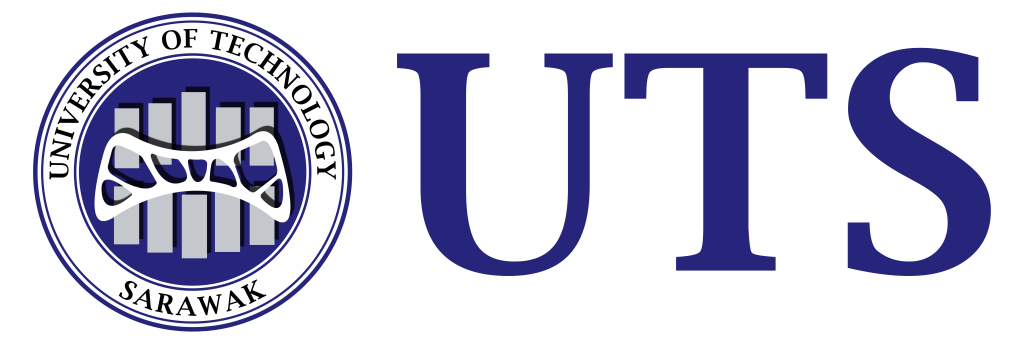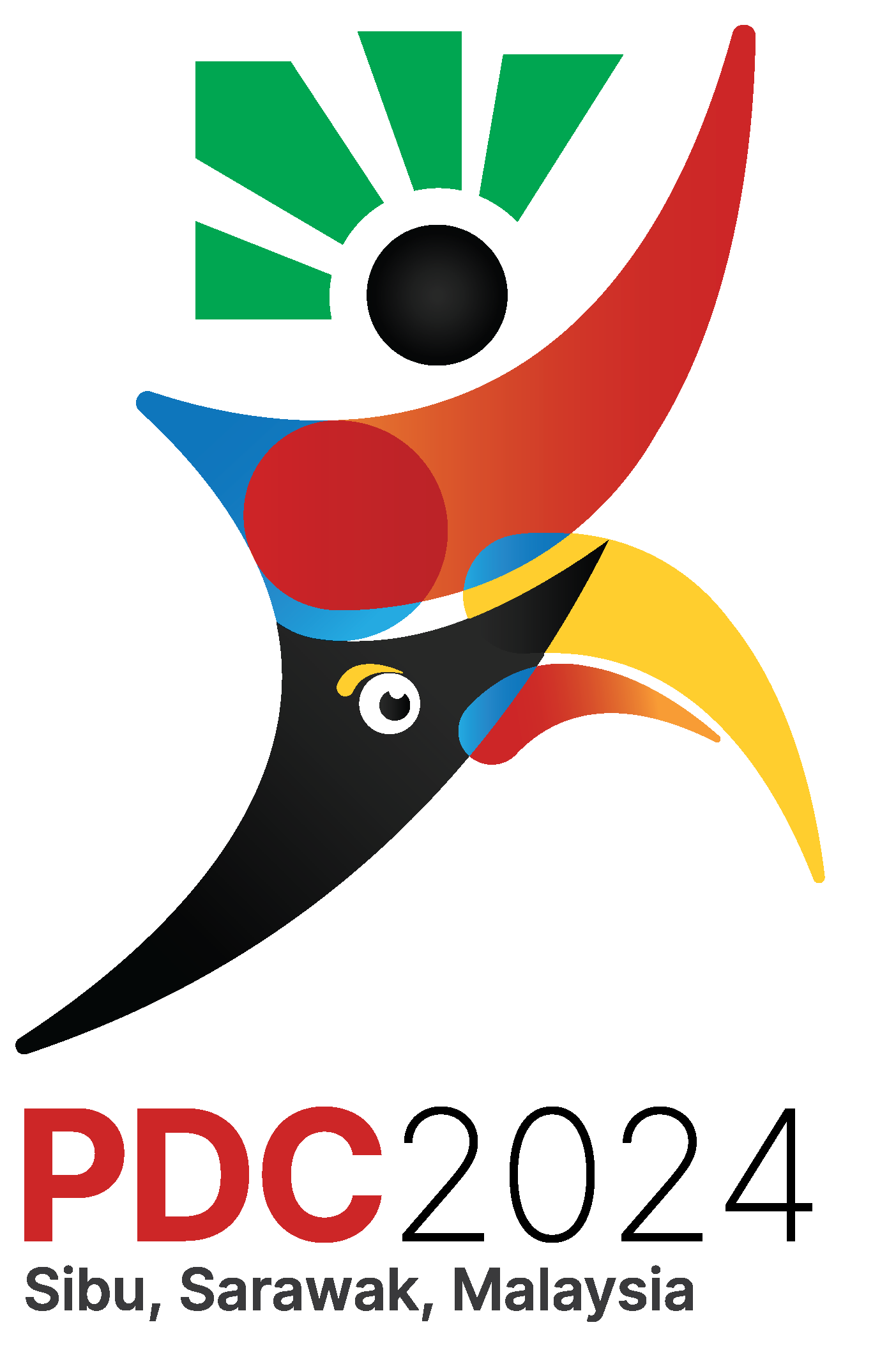

Community Track Details
Community Track Participants
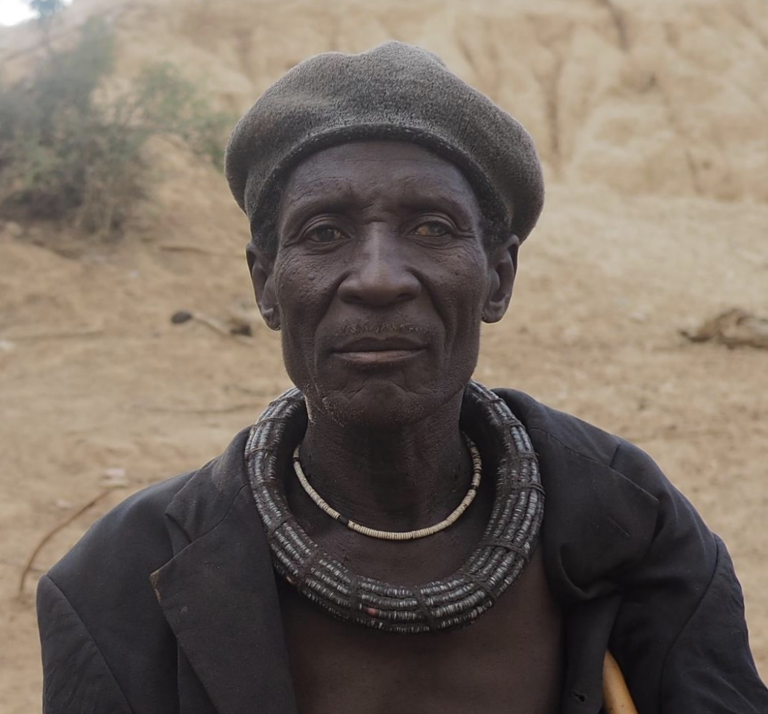
Uairiake Mbinge (Track co-chair), Namibia
Mr Mbinge is an Omuhimba community elder and leader from Otjisa, a remote Himba village in the Kunene region, Northern Namibia. Amongst his community, and across the Kunene region, he is known as a wise and considerate bearer and bestower of knowledge, and has since 2011 collaborated with the Indigenous Knowledge (IK) research cluster at Namibia University of Science and Technology. He has contributed invaluably to concepts, methodologies and technological advances, and is a proponent of IK preservation and dissemination, actively collecting and digitising IK about various indigenous customs and practices across a range of domains such as plants, wildlife and rituals.

Garen Jengan (Track co-chair), Long Lamai, Malaysia
An advocate for indigenised and controlled development, Mr. Garen Jengan is a respected member of the Penan community from Long Lamai, Upper Baram in Sarawak, Malaysia. Since 2007, he has served as a local leader and liaison between Universiti Malaysia Sarawak and the Long Lamai community in research and development projects such as a homestay programme, Microhydro, eLamai Telecentre, indigenous knowledge management, and service-learning.

Shakira Yumbo (Educator), Ecuador
Shakira is a member of the A’i Kofán nationality, one of the 11 distinct indigenous territory-based peoples in the Ecuadorian Amazon. As a young woman leader and professional biologist, she has conducted research within her community, advocating for sustainable relations with the territory, further supporting her community’s struggles for the defense of ancestral territories.

Whakatōhea Iwi (Daniel Paruru) Aotearoa, New Zealand
Danny Paruru is the Iwi Development Manager, Whakatōhea Māori Trust Board, Aotearoa New Zealand, and has several responsibilities, particularly concerning cultural and environmental development. As Iwi Development Manager, he heads initiatives that build the iwi’s digital capability, community-based R & D projects, and is instrumental in community-engaged learning.
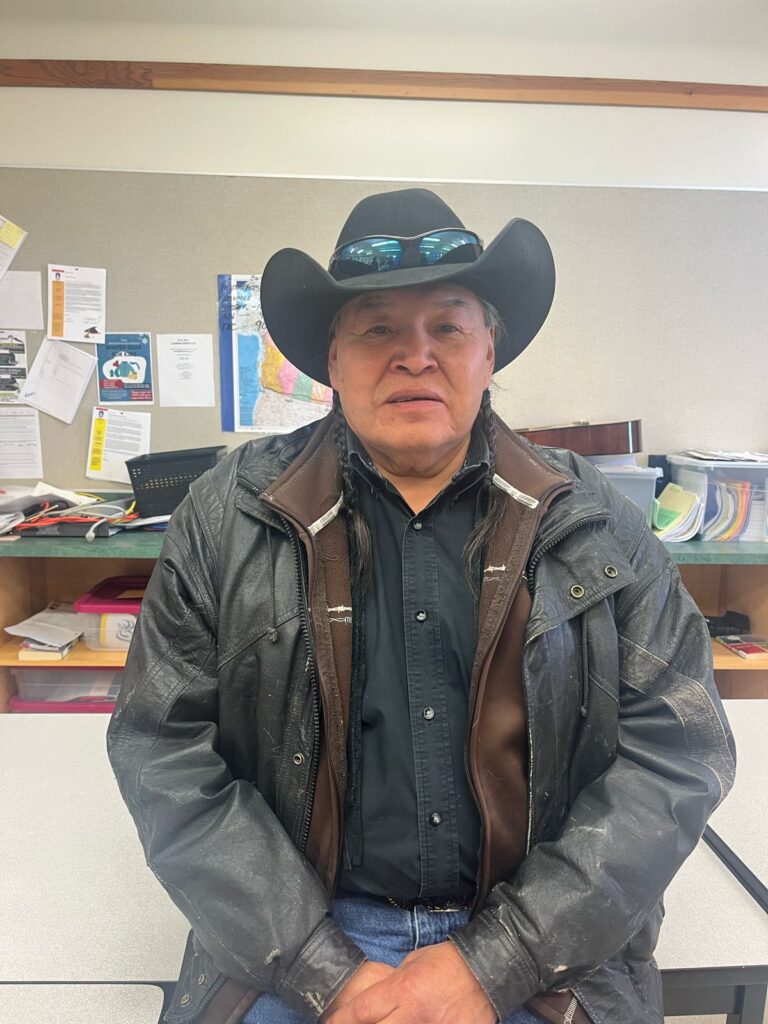
Elder Herman Many Guns Southern Alberta, Canada
Herman Many Guns is a Blackfoot Elder and ceremonialist. His Blackfoot name is SOATZE-TAPITAPIW (Sitting Behind Eagle Tail). His great great great great grand fathers are Sitting Behind Eagle Tail, Head Chief of the Piikani Nation (1877) and White Stripped Dog, Minor Chief of the Piikani Nation (1877). His great-great grandfathers are Chief Flathead or Butcher and Grassy Water Warrior Chief of the Piikani Nation. His grandparents are Eugene Many Guns Sr. and Cecile (Grassy Water) Many Guns. His parents are Eugene Many Guns Sr. and Cora (Calf Looking) Many Guns, the direct descendant of Brings Down the Sun.
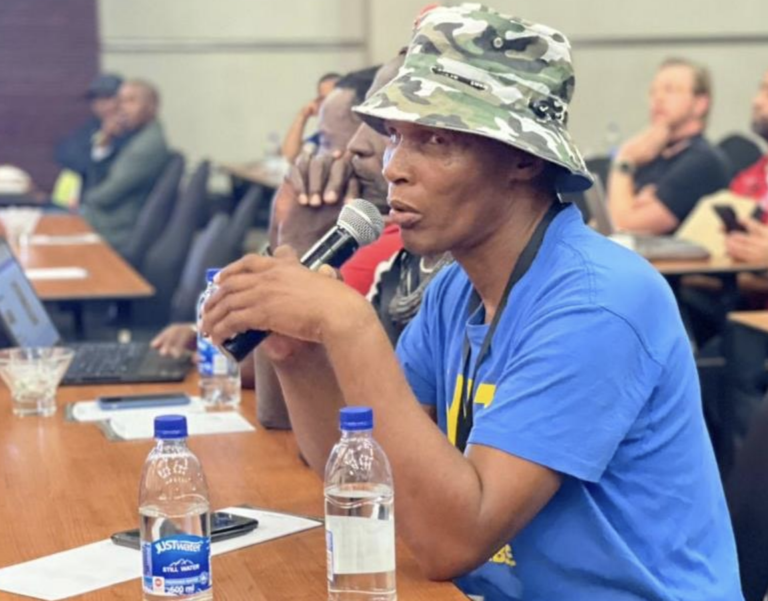
Shorty Kandjengo, Donkerbos, Namibia
Mr Kandjengo is the acting chief of the !Khuisi Traditional Community of Donkerbos/Sonneblom, Omaheke Region, Namibia. The community, situated in a remote village located in east Namibia, consists of the Ju/’hoansi, one of the many indigenous San tribes in Southern Africa, partcularly Namibia. Since 2018, the community has been involved in various technology co-design projects, ranging from virtual and augmented reality to green energy futuring, with the Indigenous Knowledge cluster and Inclusive and Collaboratve Innovaton Tech Hub at Namibia University of Science and Technology (NUST).
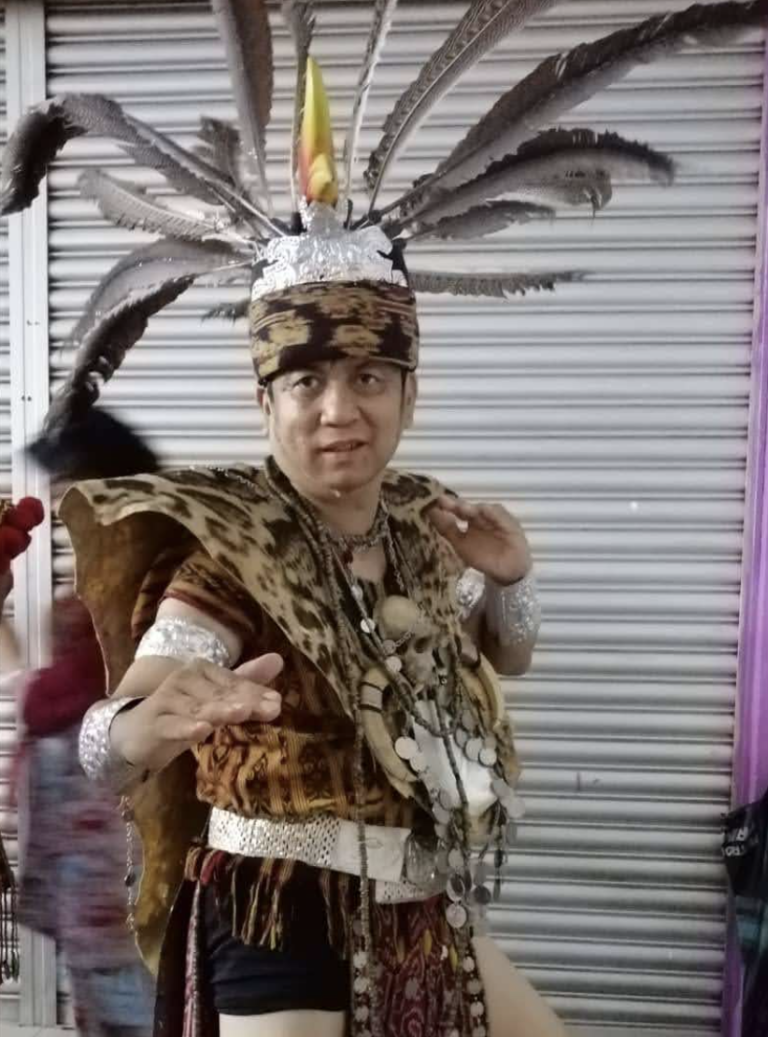
Marcathy Anak Gindau, Bawang Assan, Malaysia
Since 2018, Marcathy Anak Gindau has been a pivotal figure in spearheading community-centric projects in Bawang Assan, in collaboration with the University of Technology Sarawak. His partnership with ASSET, University of Technology Sarawak has yielded significant advancements, notably the establishment of Malaysia’s first Broadband Over Power Line (BPL) project. This initiative not only marked a technological milestone but also significantly enhanced internet accessibility for the local longhouse community.
Community Track
1. Indigenous Community Track and Perspectives at the Participatory Design Conference 2024
Garen Jengan, Uariaike Mbinge, Gary Loh Chee Wyai, Chris Muashekele, Colin Stanley, Tariq Zaman, Heike Winschiers-Theophilus
